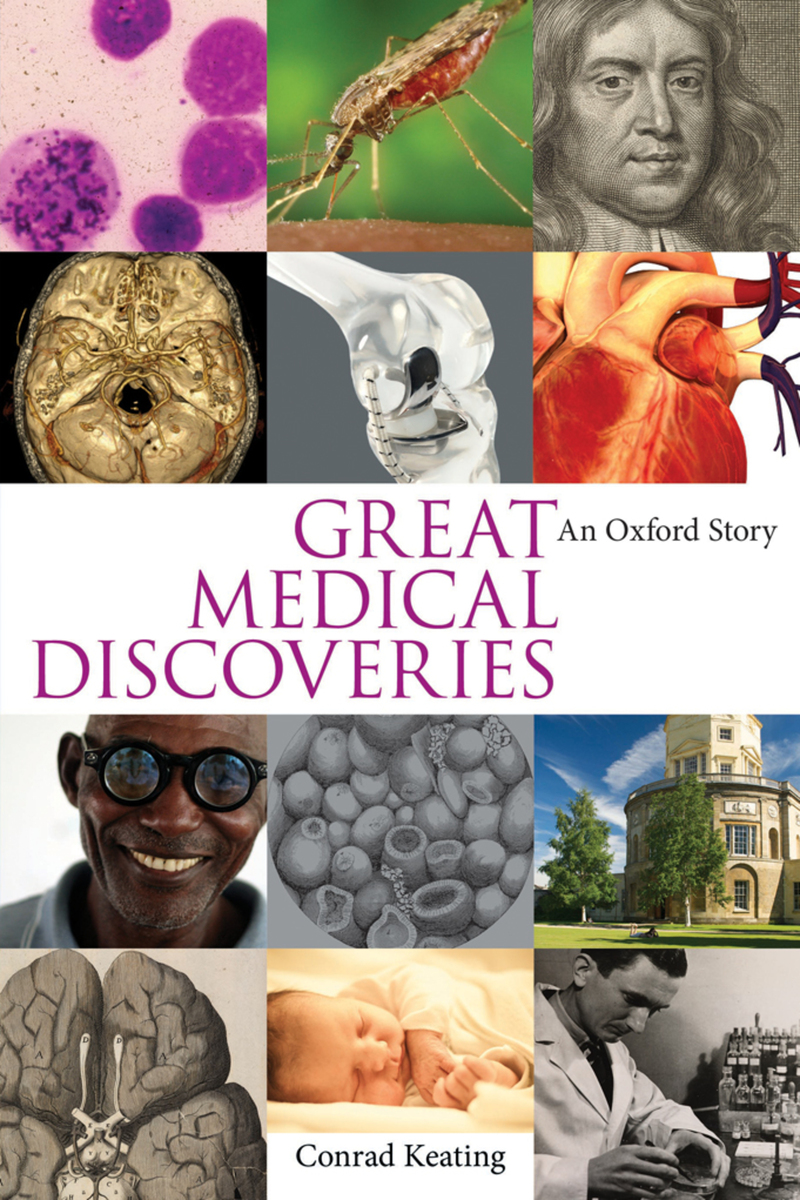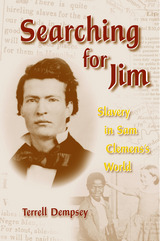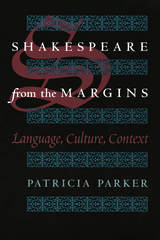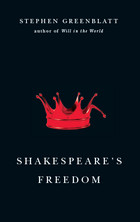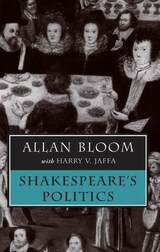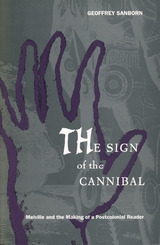Great Medical Discoveries: An Oxford Story
Bodleian Library Publishing, 2013
Paper: 978-1-85124-003-6
See other books on: History | Keating, Conrad | Medical
See other titles from Bodleian Library Publishing
Paper: 978-1-85124-003-6
ABOUT THIS BOOK | AUTHOR BIOGRAPHY | REVIEWS | TOC
ABOUT THIS BOOK
The “miracle drug” penicillin was first administered in Oxford in February 1941, leading to a full-blown transformation in the way bacterial infection was diagnosed and treated. What was to become one of the greatest stories of the “golden age of medical discovery” not only had its roots in Oxford, but was the latest in a line of pivotal medical discoveries made in the city.
Great Medical Discoveries offers a short illustrated history of the city’s contribution to the medical sciences, from the medieval period to the present day, when it is home to some of the world’s leading large scientific institutions. In charting this remarkable history, the book showcases twenty discoveries across the centuries. In the mid-twentieth century, for instance, Oxford led the field of experimental medicine, and William Harvey, Thomas Willis, and Thomas Sydenham all gained eponymous status with their pioneering research into the workings of the human body. In the mid-seventeenth century, Dorothy Hodgkin’s development of x-ray crystallography earned her a Nobel Prize in Chemistry. Meanwhile, the work of epidemiologist Richard Doll saved millions of lives by making clear the long-term dangers of smoking and the benefits of quitting.
Great Medical Discoveries traces these and other examples of groundbreaking research—from the scientific application of anesthetics to new treatments for hemophilia and life-saving advances in neurosurgery—and shows how they form part of a wider tapestry of work that has helped shape the medical sciences and improve human health.
Great Medical Discoveries offers a short illustrated history of the city’s contribution to the medical sciences, from the medieval period to the present day, when it is home to some of the world’s leading large scientific institutions. In charting this remarkable history, the book showcases twenty discoveries across the centuries. In the mid-twentieth century, for instance, Oxford led the field of experimental medicine, and William Harvey, Thomas Willis, and Thomas Sydenham all gained eponymous status with their pioneering research into the workings of the human body. In the mid-seventeenth century, Dorothy Hodgkin’s development of x-ray crystallography earned her a Nobel Prize in Chemistry. Meanwhile, the work of epidemiologist Richard Doll saved millions of lives by making clear the long-term dangers of smoking and the benefits of quitting.
Great Medical Discoveries traces these and other examples of groundbreaking research—from the scientific application of anesthetics to new treatments for hemophilia and life-saving advances in neurosurgery—and shows how they form part of a wider tapestry of work that has helped shape the medical sciences and improve human health.
See other books on: History | Keating, Conrad | Medical
See other titles from Bodleian Library Publishing
